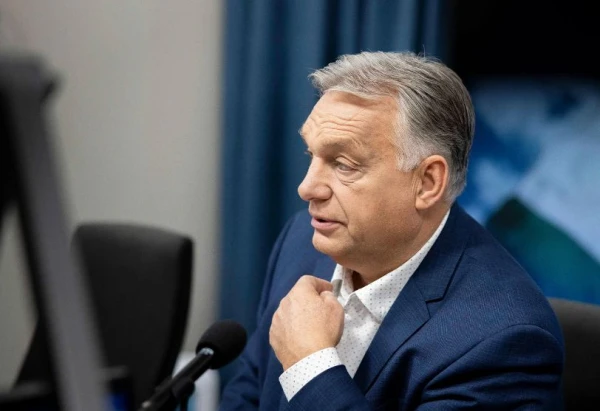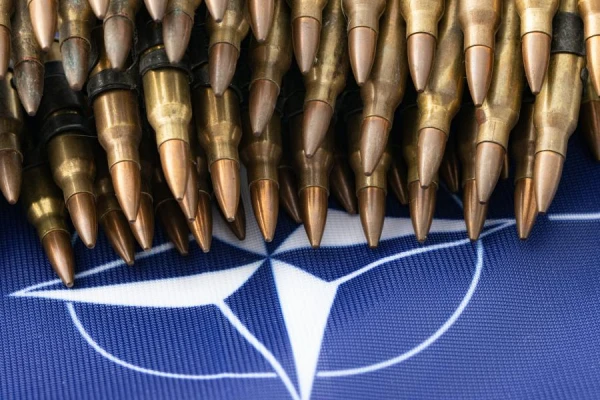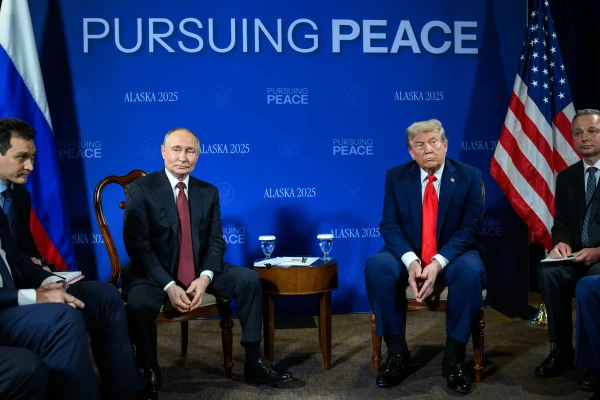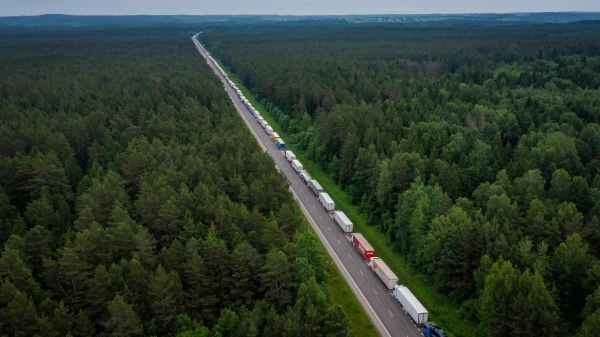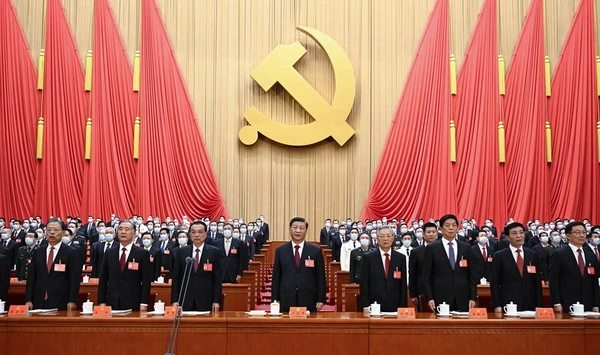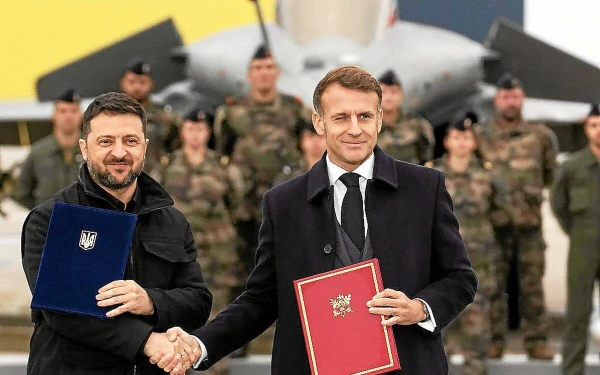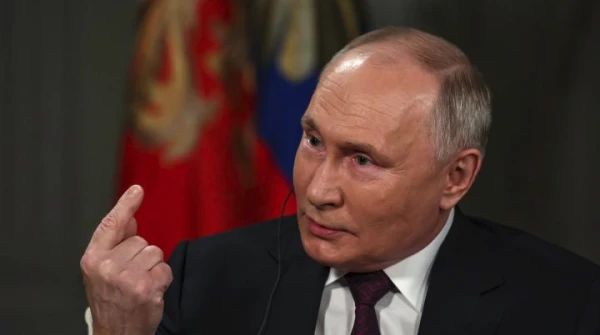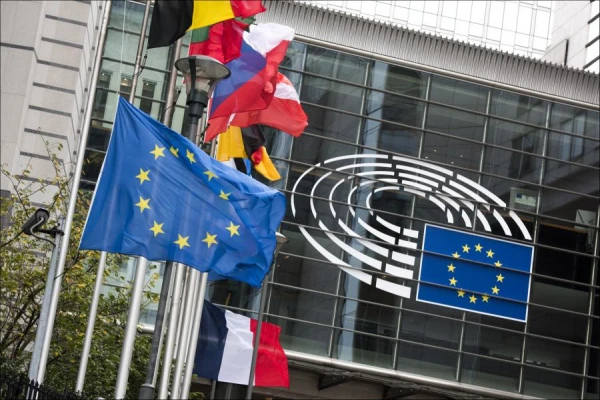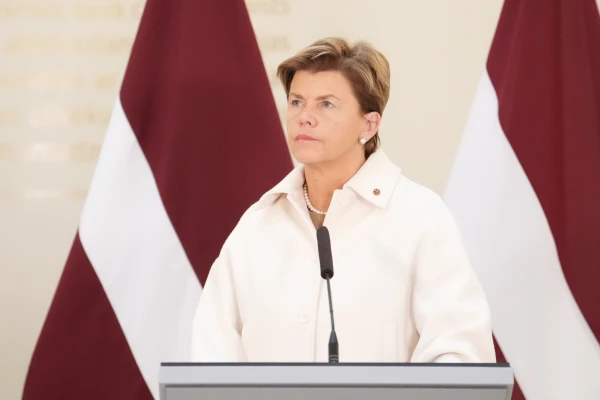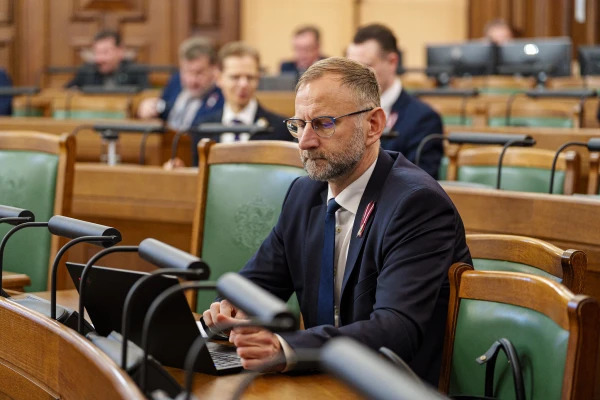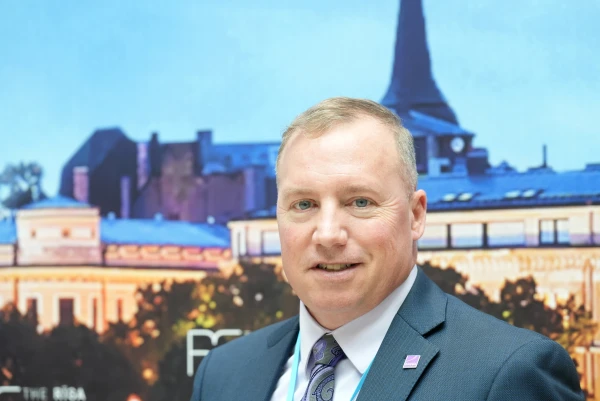
Russian society is fully convinced that sooner or later a Western invasion is expected, and this confidence is consciously reinforced in everyday life by state propaganda, said Colin Smith, a researcher in international relations and defense, in an interview with LETA, who was once expelled from Moscow, where he served as a U.S. Marine Corps attaché.
Smith has felt this confidence among Russians in Russia for many years: "In their minds, the question is not whether there will be an invasion, but when it will happen. They remember Napoleon and Hitler and have convinced themselves that a Western invasion is just a matter of time."
In his opinion, the narrative that after NATO's expansion in 2004 the alliance came to the Baltic states and now wants to subjugate Ukraine or Georgia only reinforces this "paranoid psychosis."
Smith, whose experience in various U.S. missions around the world spans nearly three decades, has been stationed in Moscow twice. He has traveled across Russia and talked extensively with locals.
"In such conversations, it becomes clear that they truly believe that the West will invade, as the only way to achieve the West's goal — to destroy Russia and its power — is to reach Moscow and conquer it. Of course, this is just ridiculous. Why would NATO even invade Russia? There are simply no reasons for that," the expert stated.
He pointed out that regardless of whether the Russian experts advising Putin and his generals believe in this narrative, their strategic narrative states: NATO will invade. Just as before the war, Russians were convinced that Ukraine was going to attack Russia — which essentially implied that after Ukraine joined NATO, it would become a launching pad for a Western invasion, and that Ukraine would become yet another former Soviet republic hostile to Russia.
Smith is convinced that Russia's goals have not changed over the past ten years — the Russians will do everything possible to split NATO and make the alliance appear less cohesive. He acknowledged that Russian President Vladimir Putin may have once genuinely considered the possibility of coexisting with the West, but upon seeing "how the West did not seize its opportunities and abandoned Russia in the 90s, he said — no, we must return to the old Soviet style, restore former greatness."
"This is his way of trying to achieve that. However, the Russians underestimated Ukraine's determination and received a completely opposite reaction from Sweden and Finland. They want NATO to stop expanding, but as a result, they themselves pushed two countries that had been neutral for 70–80 years to join the alliance," said the American researcher of international relations and defense, who was once stationed in Riga.
Smith assessed Russia's future cautiously, as the country continues to surprise economists who claim that the Russian economy should have collapsed by now, but it has not. He did, however, point out that economists say little about the rapidly developing service sector in Russia. Previously, there was almost no service sector in the country, as it is generally closely tied to the availability of money among the population, and there was no money then — now, however, both soldiers and their families have money. Smith emphasizes that such a service economy has now formed in Russia, which reminds him of the U.S. economy based on services.
The expert believes that the existence of such a service economy in Russia may matter at least as long as it has a partner like China, which will continue to buy Russian products, oil, energy, technologies, and also support technological exchange between the two countries.
"How sustainable this cooperation is — that’s another question. One day Russia will have to wake up and realize that China is not its friend either. What will happen to Russia then — I don’t know, as it will be completely isolated from the world," Smith said. He also noted that Russia has little external debt, while the U.S. debt has reached 37 trillion, yet "no one doubts our economy."
